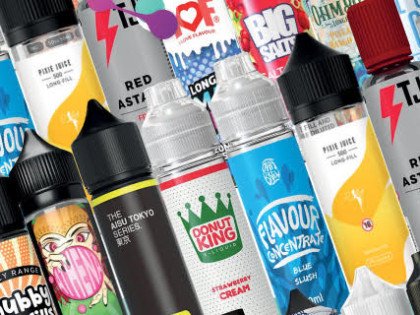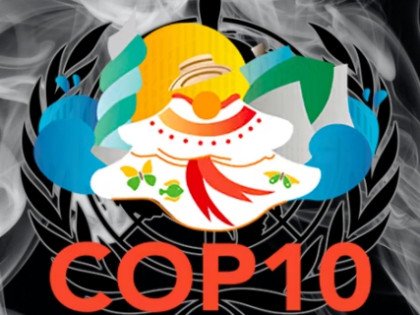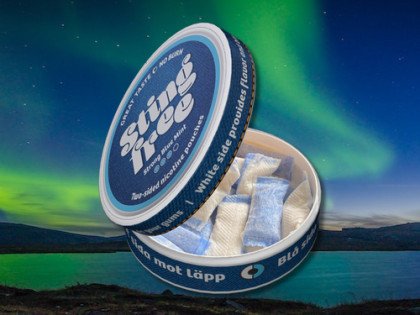Hewson and Snowdon write: “In the last twenty years, a range of non-combustible nicotine products have become popular alternatives to cigarettes for millions of smokers. They include e-cigarettes (vapes) and heated tobacco products. A traditional smokeless tobacco product (STP) called snus has proved successful in parts of Scandinavia where smoking rates are now among the lowest in the world. Nicotine pouches, which are products similar to snus containing no tobacco, have been launched in the UK and elsewhere in recent years.”
The pair point out that all of these products are significantly safer than smoking tobacco products but some in public health citing the precautionary principle refuse to accept them as viable alternatives.
“It is certainly plausible that reduced-risk nicotine products ‘may have a dangerous effect’. Their advocates do not claim that they are ‘safe’ (indeed, no product is 100 per cent ‘safe’ in the sense of having no potential to cause harm). Nicotine itself does not cause cancer, but it raises blood pressure in a similar way to caffeine (Smits et al. 1993) and this could cause health problems in extreme cases. E-cigarettes require nicotine, propylene glycol and vegetable glycerin to be inhaled into the lungs which could lead to inflammation or other disorders.”
So, with a potential risk attached to alternative novel nicotine products, what is the true value of them?
“We already know a great deal about the toxicology of snus and e-cigarettes, in particular, and we have good evidence of their efficacy in smoking cessation. Snus has been used in Scandinavia for over two centuries and the weight of epidemiological evidence over several decades indicates that it does not cause cancer or any other serious disease (GBD 2016 Risk Factors Collaborators 2017). Cancer warnings were removed from snus products in Sweden in 2001, and there is now so much evidence that snus is low risk and helps smokers quit cigarettes that the US Food and Drug Administration (FDA) granted its first ever modified risk orders to eight Swedish snus products in 2019, allowing them to be marketed as safer than cigarettes.”
Their discussion paper argues eloquently for an innovation principle to supersede the precautionary principle.
“An innovation principle could help ensure that policy in this area does not revert to over-regulating products, and that the UK can continue to set an example and produce useful data in tobacco harm reduction for the rest of the world.”
The full pdf can be downloaded for free from the link below.
References:
- VAPER TRAILS: New nicotine products and the innovation principle - https://iea.org.uk/wp-content/uploads/2022/04/Vaper-Trails.pdf
Photo Credit:
Photo by E-Liquids UK on Unsplash
Dave Cross
Journalist at POTVDave is a freelance writer; with articles on music, motorbikes, football, pop-science, vaping and tobacco harm reduction in Sounds, Melody Maker, UBG, AWoL, Bike, When Saturday Comes, Vape News Magazine, and syndicated across the Johnston Press group. He was published in an anthology of “Greatest Football Writing”, but still believes this was a mistake. Dave contributes sketches to comedy shows and used to co-host a radio sketch show. He’s worked with numerous start-ups to develop content for their websites.
Join the discussion
Harm Reduction For The Rich
The United Kingdom risks becoming a harm reduction country only for the wealthy, according to Michael Landl of the World Vapers’ Alliance
Longfills as an Alternative to Disposables
The disposable vape ban will impact many people, but there’s no reason to be concerned… Grab yourself a pod kit and a Longfill and you’ll be back to vaping the way you want to, just in a cheaper, more environmentally friendly and legal way.
COP10 is a Threat to Safer Nicotine Products
The EU obscures its position on low-risk alternatives to smoking before the WHO COP10 conference in Panama, starting Monday
Nicotine Is Not A Culprit
Planet of the Vapes has always encouraged smokers to use the quit product that works best for them, and snus is a product that seems to be unfairly blocked because it contains nicotine






-listing400.jpg)




